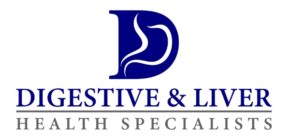Prebiotics
Prebiotics are dietary fibers that are good for the beneficial bacteria residing inside the body. You might think of bacteria as a bad thing but not all bacteria cause disease; some are quite helpful to the human body.1 Probiotics are the beneficial bacteria and yeast present in the body. One can take probiotic supplements. Prebiotics […]

